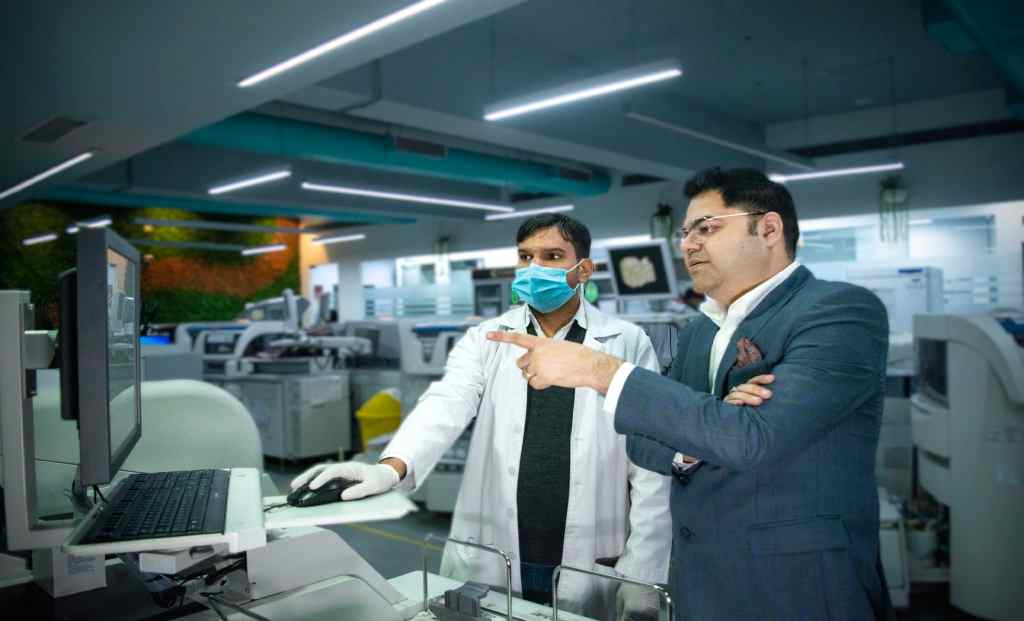The Ubiquitous Nature of Stress: Hans Selye’s Contribution to Understanding the Body’s Response
The word stress is frequently used by all of us, maybe daily. Stress is ubiquitous, for all ages. Hans Selye added the word stress to medical Lexicon, describing stress as “nonspecific response of the body to any demand”. He was nominated for Nobel prize in 1949 for his work on Stress.
Understanding Stress: Types, Physiological Effects, and the Role of Perception
Stress can be physiological, psychological, or environmental. Perceived stress triggers a cascade of transmitters in the body, from brain to adrenal glands, with the release of cortisol and adrenaline. According to Dr Anjali Nakra – MBBS, D O, Diplomate LM Lifestyle Medicine Physician – it impacts all organs, altering the functioning of various organs and the metabolism. It is our reaction to the event which causes stress not the event itself.
Types of stress?
Dr Anjali Nakra said that stress can be of various types – Eustress (good stress) and Distress (negative stress). Eustress is the /positive stress that helps to perform better. Distress or negative stress starts the cascade of stress hormones and negatively impacts us- physically, mentally, and emotionally. Every individual has a different threshold for stress, and how we respond to stress depends on genetics, early life experiences, personality, the environment, and health status.
The Modern Stress Dilemma: Transition from Acute to Chronic Stress and Its Impact on Health
While stress is an integral part of all living organisms, humans are now witnessing more stressors than ever before. Our ancestors faced acute stress frequently, called the Fight or flight response, when they had to run from predators or fight them. In current times we face Chronic stress: a continuum of one stress after another, without adequate time to recover. This impacts health in many ways, as the stress hormones do not revert to normal leading to permanent changes in the brain and other organs.
Stress across all ages:
Stress can impact even the baby in the womb. Parents stresses, lifestyle reflect as hormonal changes which can adversely affect health of the baby. Negative early life experiences with the parents and caregivers can leave permanent scars on a child’s emotional health. Even in teenage apparently small humiliations and negative events can permanently alter networks in the brain.
They all impact as a stressor.
Effect of stress?
The strength or the duration of response to stress varies from person to person. Genetics, childhood experiences, emotional health etc have an impact on how equipped we are to negotiate through these situations.
Stress responses are observed on multiple systems: The brain, endocrine and immune systems. Maladaptive responses to stress or chronic stress, predisposing to high blood pressure, heart disease, depression, anxiety, asthma, weight gain, diabetes, atherosclerosis, IBS, some Autoimmune disorders etc., and some cancers like breast cancer.
This is the Mind- body connection: how our mind can influence physical bodily functions.
How can we manage stress?
It is impossible to avoid stress. However, managing stress can be learned by practice. While everyone has a different threshold for stress and coping mechanisms, some of the following strategies are helpful:
Identify the stressful situation and listen to your body and mind’s reaction to the stress. …
Solutions may be easy or difficult, and there are no universal solutions. Take time to figure out the pros and cons and look for solutions.
Connecting with loved ones can be very helpful in these situations.
Keep a regular relaxation routine, being with yourself and practicing Mindfulness is helpful, it emphasizes paying attention to what’s happening in the present and without judgment.
Be MINDFUL, practice mindfulness-based stress reduction techniques. Practicing mindfulness, meditating, music, walking, eating, we can practice mindfulness in many ways.
Learning to manage stress is a skill, which can be mastered by practicing it for a few minutes daily.











